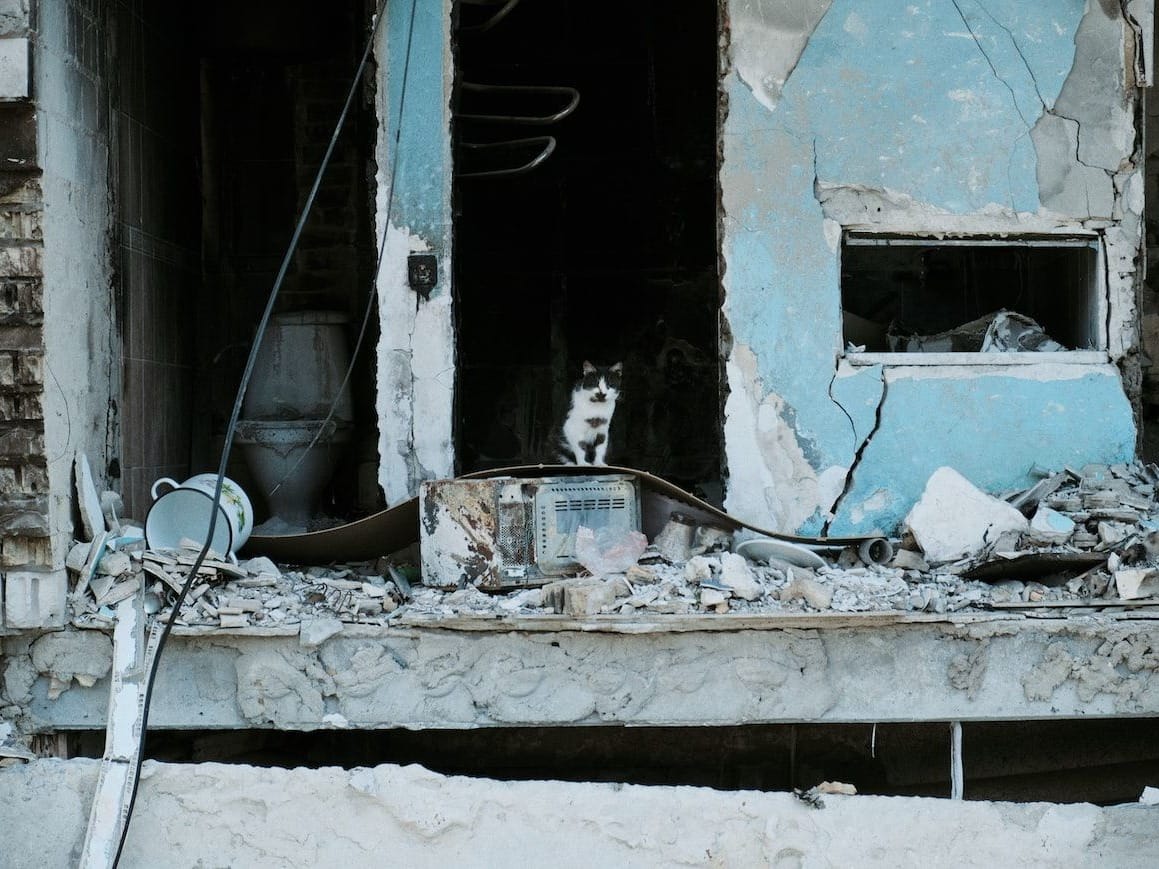WASHINGTON (AN) – As Vladimir Putin's invasion of Ukraine reached the one-year mark with no end in sight, the war is proving especially cruel to the children who are being killed, crippled, orphaned and kidnapped by Russian forces.
Diplomats condemned the cruelty at Friday's meeting of the United Nations Security Council, but there was little they could do besides offering fiery speeches since Russia holds one of the 15-nation council's permanent veto-wielding seats.









